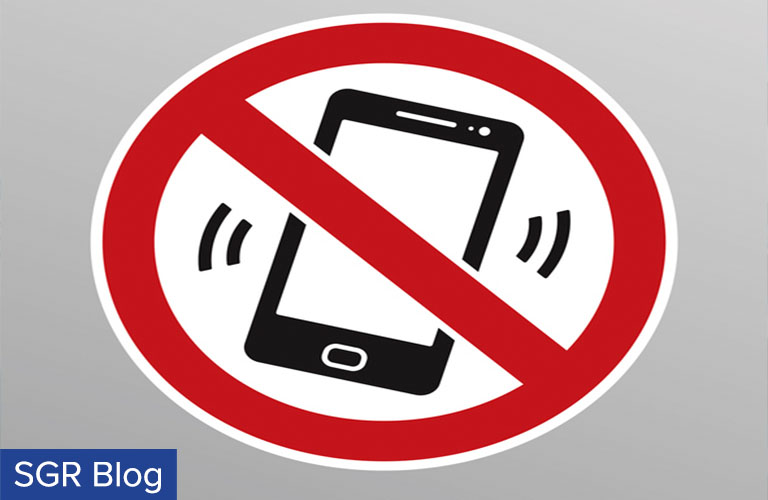
Authored by: Amy E. Buice and Wm. Parker Sanders The FTC is serious about enforcing the Made in USA Labeling Rule. On April 12, 2022, the DOJ, on behalf of the FTC, sued Lithionics Battery LLC and its owner, Steve Tartaglia, in the United States District Court for the Middle District of Florida for allegedly falsely representing that its lithium ion cells are made in the United States.[1] It brought its action under the Made in the USA Labeling Rule and Section 5 of the FTC Act. The Made in the USA Labeling Rule, which took effect on August 13,… Read more










